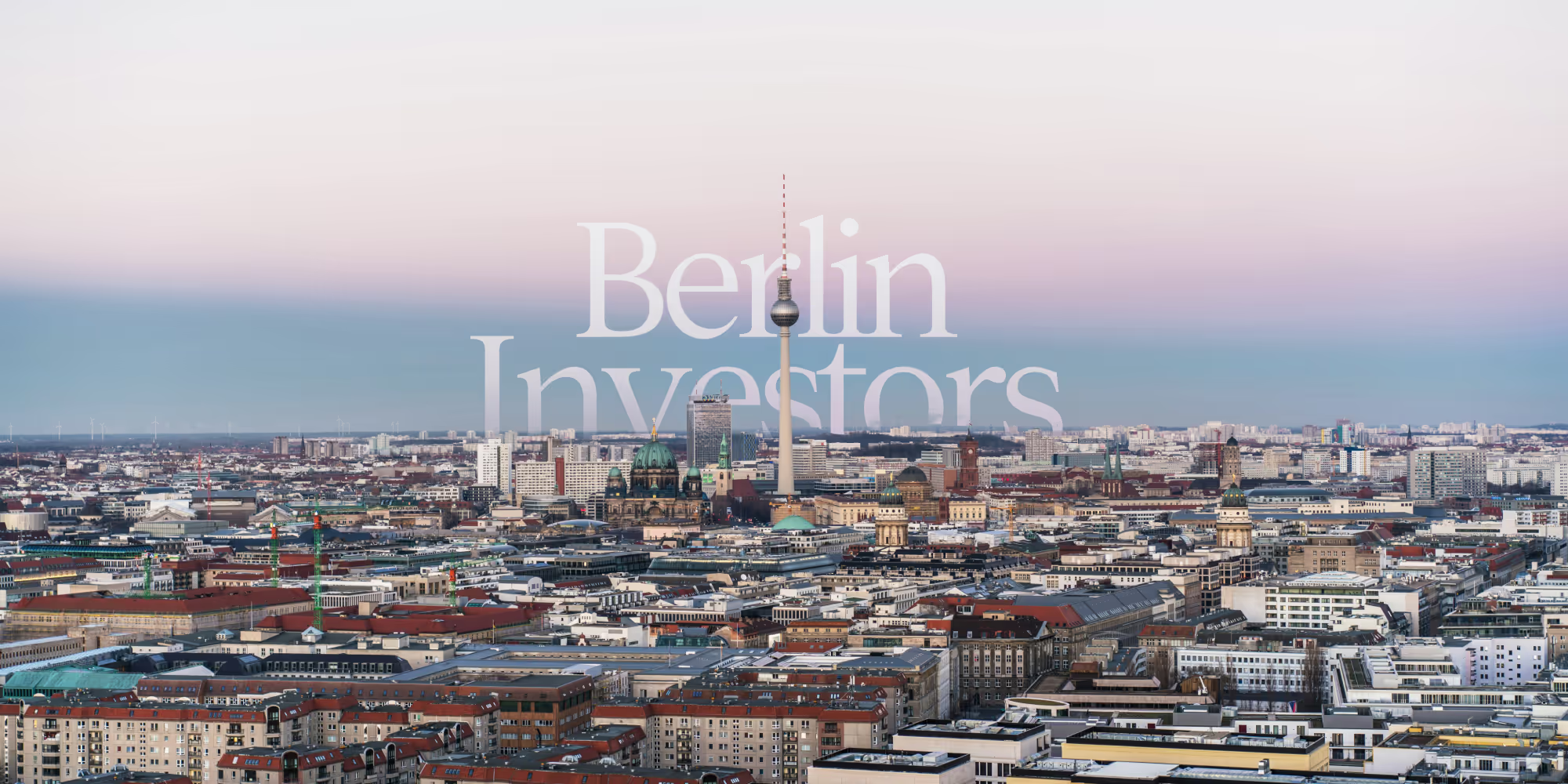Berlin’s Startup Ecosystem: Innovation in Transition
Berlin remains one of Europe’s most recognized startup hubs, known for its creative culture, global talent pool, and concentration of early-stage companies. In 2024, the city’s venture capital activity reached €2.2 billion, a slight dip from the year before. For the first time, Berlin was overtaken by Munich in total capital raised—yet it still leads Germany in the number of startup funding rounds, closing 256 deals compared to Bavaria’s 164.
The ecosystem is evolving. Where Berlin once dominated with aggressive growth in e-commerce and fintech, the focus is shifting toward AI innovation, Web3, and sustainable business models. Startups like N26, Trade Republic, and Tier helped define Berlin’s reputation, but today, a new wave of founders are building for long-term operational efficiency.
Consumer apps, marketplaces, and blockchain-driven platforms still thrive in Berlin, but the city is also leaning into AI-powered creative tech, legaltech, and digital mobility. It’s a diverse mix, supported by universities, accelerators, and a deeply international startup workforce.
The Rise of Operational Discipline and Profitability
Following the boom years of 2015–2021, Berlin startups have become more disciplined. Investors are increasingly rewarding companies with capital-efficient growth strategies and scalable unit economics. Layoffs and restructurings in 2022 and 2023 led many founders to shift toward leaner teams and sustainable margins, which is now the new standard across the city’s VC landscape.


Venture Capital in Berlin: Key Players and New Directions
Berlin still commands global attention. Top-tier funds such as Earlybird, Project A, and HV Capital are headquartered in the city and remain some of the most active investors across Germany and Europe. Berlin also benefits from its role as an entry point for international VCs looking to establish a presence in the European tech market.
While Berlin lost some mega-rounds to Munich’s deeptech rise in 2024, it maintained a strong mid-market presence. Most funding activity centered around Series A and B deals, particularly in fintech, AI, and mobility. Public support helped stabilize the ecosystem—most notably through the BIG (Berlin InnoGrowth) program, which allows IBB Ventures to co-invest in early-stage tech startups. The initiative focuses on sustainability and digital transformation, helping fill funding gaps at the pre-seed and seed stages.
Strengthening Berlin’s AI and Deep Tech Credentials
In response to Munich’s dominance in industrial and AI innovation, Berlin launched a dedicated AI Campus in 2024. The initiative brings together startups, researchers, and corporates to foster collaboration on ethical AI deployment, creative automation, and Web3 applications. The city’s push to become a leader in responsible AI is drawing a new class of investors focused on long-term, cross-sector impact.
Berlin’s Talent Advantage and Global Appeal
What sets Berlin apart is its magnetic appeal to international talent. Founders from across Europe, North America, and beyond continue to choose the city for its creative energy, cosmopolitan lifestyle, and historically affordable cost of living. While housing costs are rising, Berlin remains more accessible than cities like London, Paris, or Amsterdam—especially for early-stage startups building small, agile teams.
Many international tech companies also use Berlin as their EU headquarters, taking advantage of the city’s workforce and proximity to major European markets. This has created a vibrant ecosystem not just for venture-backed startups, but also for B2B SaaS, legaltech, and consumer marketplaces aiming for multi-market scale.









